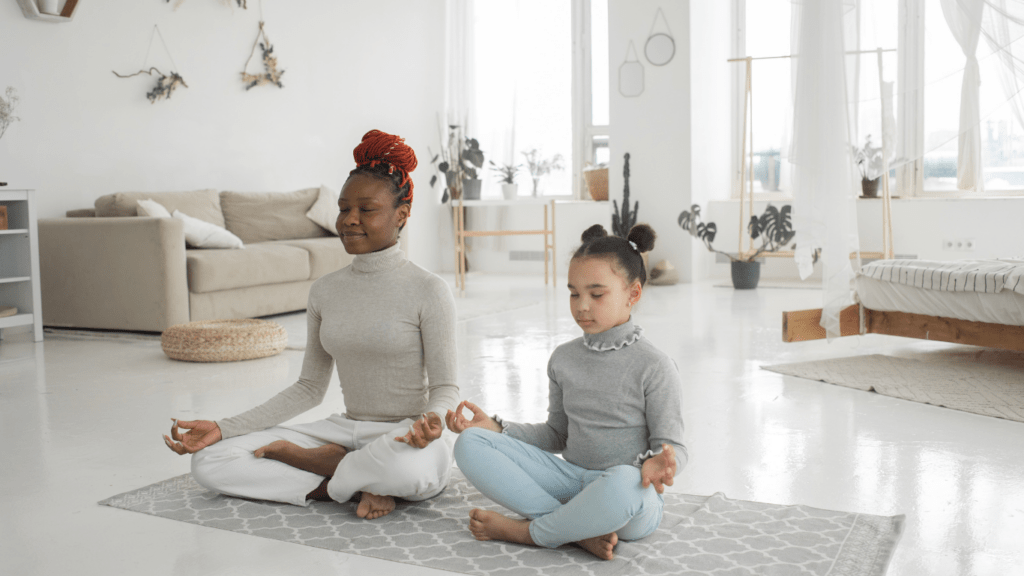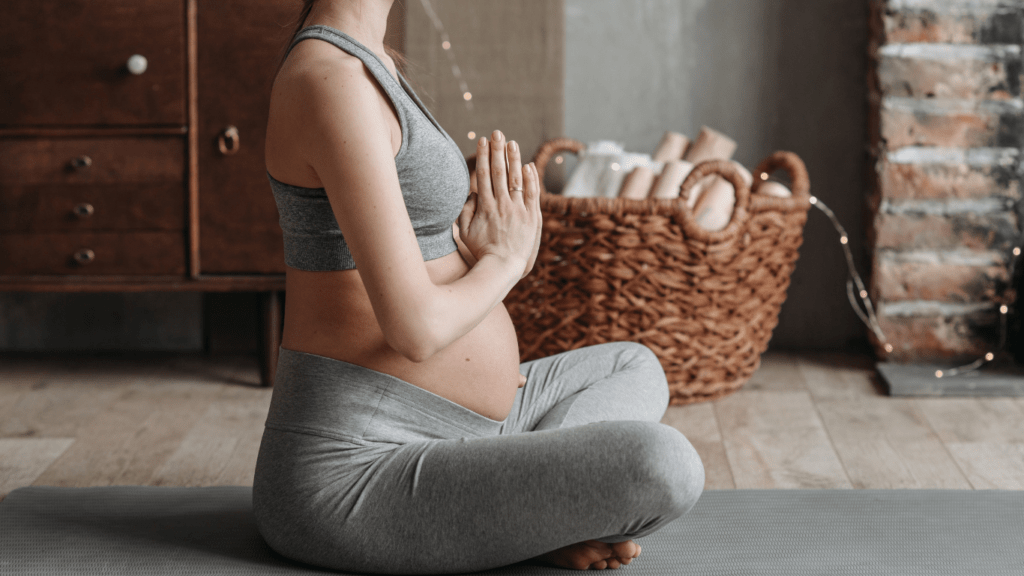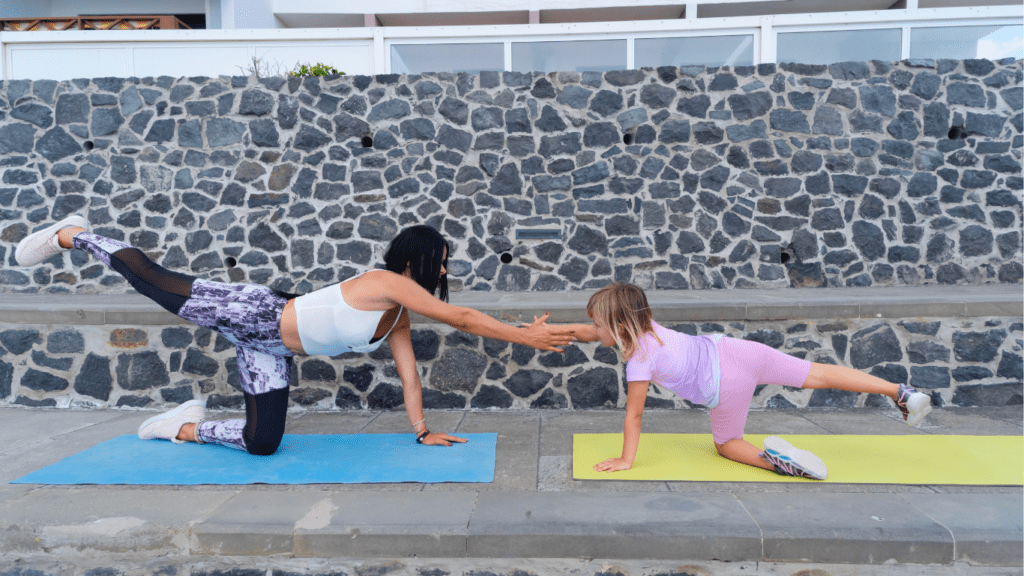Understanding the Mental Health Challenges of Motherhood
Motherhood comes with unique mental health challenges. Balancing childcare, work, and personal responsibilities can lead to significant stress. Many mothers experience anxiety and depression, with postpartum depression affecting 1 in 8 women in the US (CDC). In my journey, I found that sleepless nights and constant worries often triggered intense feelings of overwhelm.
Anxiety in motherhood often stems from myriad sources. Concerns about a child’s health, safety, and future can dominate a mother’s thoughts. According to Mental Health America, 60-80% of new mothers experience mood swings or anxiety. In my case, I constantly questioned my parenting decisions and whether I was doing enough for my child.
Depression also affects many mothers. The National Institute of Mental Health states that about 15% of postpartum women struggle with depression. This condition can manifest as severe fatigue, low energy, and a sense of hopelessness. For me, there were days when getting out of bed felt impossible, and simple tasks seemed insurmountable.
Stress is another major factor. The demands of motherhood can leave little room for self-care. Harvard Medical School notes that chronic stress can lead to serious health issues such as heart disease and high blood pressure. I noticed my own health declining as stress levels rose, making it even harder to care for my family.
Understanding these challenges is the first step towards managing them. Realizing that anxiety, depression, and stress are common can help mothers seek support and implement practices like meditation to alleviate their mental burden.
The Benefits of Meditation for Stress Relief

Meditation offers numerous benefits for stress relief, crucial for mothers facing daily challenges.
Reducing Anxiety and Depression
Meditation significantly reduces symptoms of anxiety and depression. According to a study from Johns Hopkins University, mindfulness meditation programs show moderate evidence of improved anxiety, depression, and pain. By focusing on breathing and mindfulness, mothers can shift their attention away from stressors, decreasing their anxiety levels. Engaging in daily meditation helped me manage postpartum depression, providing a sense of calm and balance that medication alone couldn’t achieve.
Improving Emotional Well-being
Practicing meditation improves emotional well-being. Regular meditation increases the brain’s gray matter in areas associated with emotional regulation and self-control, as confirmed by research from Harvard Medical School. Mothers dealing with emotional ups and downs can gain more stability and a positive outlook. Using guided imagery meditation, I visualized peaceful scenarios, which enhanced my mood and reduced episodes of irritability. By incorporating short meditation sessions throughout the day, I’ve witnessed a marked improvement in my emotional resilience.
Each of these benefits highlights why meditation serves as an effective tool for stress relief.
Popular Meditation Techniques for Mothers
Meditation can be a game-changer for managing motherhood’s stress. Here are some popular techniques that have helped me find peace.
Mindfulness Meditation
Mindfulness meditation focuses on being fully present in the current moment. I pay attention to my thoughts and sensations without judgment. Studies show it reduces anxiety and improves mood. For example, when my toddler throws a tantrum, I use mindfulness to stay calm. I breathe deeply, ground myself in the moment, and let go of immediate reactions.
Guided Imagery
Guided imagery involves envisioning calming scenarios to achieve relaxation. I often picture a serene beach or a quiet forest. A study by the Cleveland Clinic found it lowers stress hormones. During sleepless nights with my newborn, guided imagery provides an escape from exhaustion. I close my eyes, imagine peaceful waves, and feel my stress melt away.
Breath Awareness
Breath awareness meditation emphasizes deep and focused breathing. I count each inhale and exhale to center my mind. Research from the International Journal of Yoga shows it reduces physiological stress markers. When juggling household tasks, I pause for a few minutes of breath awareness. By merely focusing on my breath, I find immediate relief and clarity.
By incorporating these meditation techniques into my daily routine, I’ve discovered more moments of calm amidst the chaos of motherhood.
Integrating Meditation into a Busy Schedule
Finding time for meditation amidst the demands of motherhood can be challenging. However, incorporating short, effective practices into daily routines makes it more manageable.
Short Meditation Practices
Short meditation sessions fit well into a busy schedule. I’ve found guided imagery effective, even for just five minutes. Visualizing serene scenes can quickly reduce stress. Another technique, breath awareness, involves focusing on breathing patterns. I spend two minutes in the morning and two minutes before bed practicing this. Mindfulness meditation can be done during daily tasks. While washing dishes, I pay attention to the sensations, grounding myself in the present.
Making Meditation a Habit
Consistency is key to reaping meditation benefits. I set specific times for meditation. Morning routines became easier after dedicating the first five minutes to deep breathing. Establishing a dedicated space helps. I created a small, quiet corner where I keep reminders. Tracking progress also motivates me. I use a journal to note daily sessions and any improvements in mood. Completing these small tasks has made meditation an integral part of my daily life.
Success Stories: Mothers Who Found Relief Through Meditation
Many mothers have found relief from stress and anxiety through meditation. These practices have transformed their mental health and overall well-being.
Personal Experiences
- Anna’s Story: Anna, a mother of three, struggled with overwhelming anxiety and constant worries about her children’s safety. After incorporating mindfulness meditation into her daily routine, she noticed significant reductions in her anxiety levels. Anna shared that just ten minutes of mindfulness each morning gave her the calm and clarity needed to face each day.
- Melanie’s Journey: Melanie experienced severe postpartum depression after the birth of her second child. Traditional therapies provided some relief, but it wasn’t until she tried guided imagery meditation that she found substantial improvement. Visualizing serene landscapes helped Melanie escape feelings of hopelessness and regain her emotional balance.
- Sophia’s Transformation: Sophia, a stay-at-home mom of two, found herself constantly exhausted and on edge. Introduced to breath awareness meditations, Sophia felt immediate relief. Practicing deep breathing exercises consistently turned her chaotic days into manageable ones.
Evidence from Studies
Scientific research corroborates the stories shared by these mothers.
- Johns Hopkins University Study: A study from Johns Hopkins University reviewed over 47 trials and concluded that mindfulness meditation programs reduced symptoms of anxiety, depression, and pain, providing moderate improvements in those areas.
- Harvard Medical School Research: Researchers at Harvard Medical School found that regular meditation increases gray matter in the brain regions associated with emotional regulation and self-control. This structural brain change underscores the profound impact meditation can have on emotional well-being.
- National Center for Complementary and Integrative Health: Another study by the National Center for Complementary and Integrative Health demonstrated that meditation helped participants reduce stress-response chemicals like cortisol, clearly indicating a physiological basis for the stress relief that many mothers experience.
By exploring both personal experiences and scientific evidence, it’s evident that meditation can be a powerful tool for mothers seeking stress relief.




